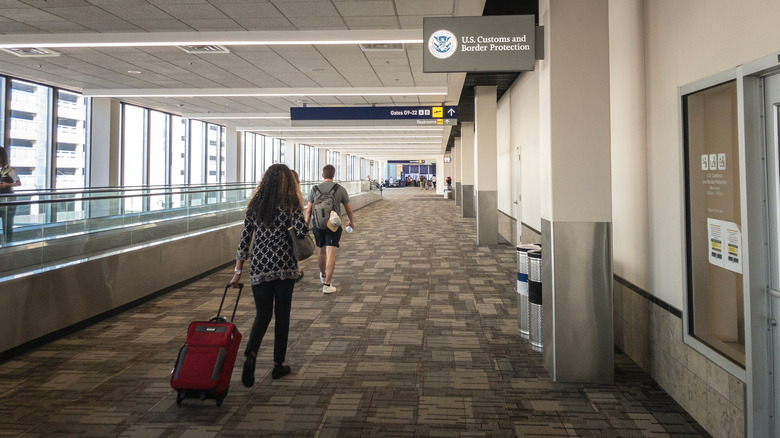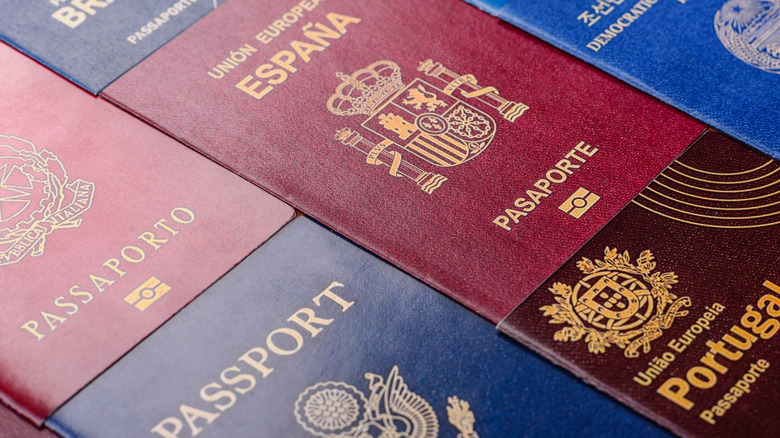The US Government Unveils Travel Ban Update Affecting Multiple Regions (Here's What Travelers Should Know)
On June 4, 2025, President Donald Trump signed a proclamation banning citizens of 12 countries from entering the U.S. and levied additional travel restrictions on nationals from another seven countries. According to the official White House statement, the countries facing a complete travel ban to the United States are Afghanistan, Burma (Myanmar), Chad, the Republic of the Congo, Equatorial Guinea, Eritrea, Haiti, Iran, Libya, Somalia, Sudan, and Yemen. As of 12:01 a.m. on June 9, 2025, nationals with passports from those countries are effectively banned from entering the U.S. New immigrant and non-immigrant visas to nationals from those 12 countries will be suspended; however, existing visa holders will not be affected.
Citizens from Burundi, Cuba, Laos, Sierra Leone, Togo, Turkmenistan, and Venezuela will face severe restrictions on travel to the U.S. and will no longer be able to apply for immigrant visas or non-immigrant temporary visas, including student visas and certain tourism visas. Travelers to the U.S. are not affected as long as they hold a passport from an unrestricted country. Additionally, U.S. citizens aren't barred from visiting the restricted countries, though many are on the United States' "do not travel" list.
According to the official statement, restrictions are vital to "protect the United States from foreign terrorists," and it cites U.S. government investigation into "inadequacies" in the vetting and screening other countries do regarding their citizens. This data reportedly comes from an annual Homeland Security report of visa overstays in the U.S., including tourists and students. The U.S. claims these countries refuse to take back citizens who overstay their visas and has stated that "Some of the countries with inadequacies face significant challenges to reform efforts," urging the U.S. to "be vigilant" during visa issuance. The ban has been controversial in part because of a recent terrorist attack in Colorado, in which the perpetrator was from Egypt; however, Egypt is not on the travel ban list.
There are some exceptions to the travel ban and restrictions
Currently, there are some exceptions to the travel ban, including adoptees from the banned nations, green card holders, and dual citizens if traveling on the passport of a non-banned nation (for example, if you're a dual Italian-Venezuelan citizen, use your Italian passport for travel to the U.S.). Some long-term foreign diplomats as well as employees of the U.S. government will also be exempt. Other exemptions are likely but remain unclear. Immediate family immigrant visas "with clear and convincing evidence of identity and family relationship" can be exempt if proven, such as through DNA testing, and some athletes and their team's support staff traveling to the U.S. for a major sporting event (like the World Cup) will likely be exempt. Immigrant visas for ethnic and religious minorities facing persecution in Iran are also exempt.
Despite exemptions, some policy analysts think current visa holders will also be impacted, particularly any that are up for renewal in the next few years. The travel ban on Afghanistan has proven particularly controversial for those who have worked alongside the U.S. during the 20-year war and its aftermath, many of whom were promised help resettling in the United States. Although there's an exemption for those carrying an Afghan Special Immigrant Visa, as it stands, the ban effectively cancels any ongoing visas that are still being processed.
Foreign nationals aren't the only ones facing difficulties upon traveling in and out of the United States. Earlier in 2025, President Trump issued an executive order rescinding the "X" gender designation on passports for transgender and nonbinary travelers, which doesn't affect previously issued travel documents but does affect new passports and passport renewals.

